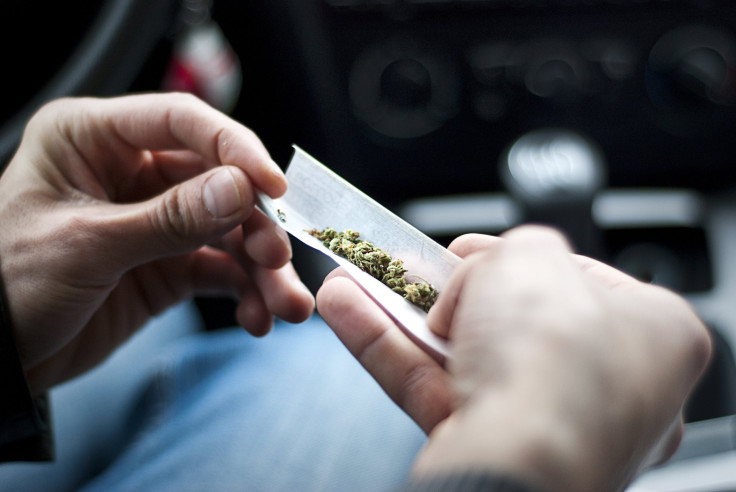The High Road: A Marijuana Breathalyzer May Soon Catch People Driving Under The Influence By Detecting THC

With the growing popularity of marijuana — both medical and recreational — it was inevitable that demand for a device that can accurately measure the level of THC in an individual’s system has risen as well.
Vancouver-based Cannabix Technologies Inc. hopes to be the first of several companies developing a THC breathalyzer to have its product hit the markets. According to the company, the device is based on breath testing technology that will be able to identify recent consumption of Tetrahydrocannabinol (THC), the psychoactive element of cannabis.
Other hopefuls in the race to create a THC breathalyzer include Lifeloc Technologies Inc and a Washington State Ph.D. student and professor combo.
"I think the first breathalyzer on the market will be a simple 'yes' or 'no' for the presence of THC at the time of the test, and in that sense it won't provide a quantitative evidential measure," Barry Knott, the chief executive of Lifeloc, which already makes alcohol breathalyzers, told Reuters.
Cannabix does not say when its product might go on sale but has stated that in-house testing is being conducted and a patent is pending.
A marijuana breathalyzer would replace cumbersome blood and urine tests that are currently the only option to determine if an individual has THC in their system. The tests may have a long way to go before they’re practical for use, though, since the science and reasoning behind how cannabis affects driving is far from established.
What Qualifies As Intoxicated? Alcohol Vs. Marijuana
The first law to prohibit drinking and driving was adopted by New York state in 1910, with other states quickly following suit. These early DUI laws simply outlawed drunk driving — without any set definition or level to clarify what qualified as “intoxicated.” The first commonly-used legal limit for blood alcohol concentration was named 0.15 in 1938, and was only lowered to 0.08 federally in the year 2000. Since then, alcohol-related driving accidents and fatalities have consistently declined.
The consequences of driving under the influence of alcohol have been publicized, and are well-known to the general populace. Somewhat less apparent is that all 50 states have laws prohibiting the operation of a motor vehicle under the influence of marijuana. That’s about where the national generalizations end, though, since what it means to be “under the influence” varies state-to-state.
In some states, any amount of marijuana is considered under the influence, and punishable by law. In others, drivers above a certain blood or urine concentration sample will be considered under the influence. A smaller minority of states require the prosecutor to prove the driver was under the influence using behavior or driving as evidence, regardless of the amount of THC in their system.
According to The National Highway Traffic Safety Administration, marijuana impairs judgment, cognitive function, and attention, but not enough is known yet about exactly how much is needed to impair driving abilities. Some states are not waiting for a definitive answer. Washington and Montana have set a limit of 5 nanograms/milliliter of THC in the blood as a limit, while Pennsylvania has a 1 ng/mL limit.
Even if Cannabix’s breathalyzer hits the market, there are still several outstanding issues with the idea of a Marijuana breathalyzer. Firstly, marijuana has been shown to remain in the bloodstream for weeks, or even a month after use. Though the device is promised to detect drivers “intoxicated” by marijuana, it is unclear how the breathalyzer will differentiate between recently smoked cannabis and THC leftover from a past encounter with marijuana.
In terms of threshold for intoxication, the breathalyzer would be unable to differentiate between those who have a small amount of THC in their bloodstream and a large amount. A breathalyzer that was unable to tell the difference between a driver that had one beer and a driver that had eight would be rather useless in law enforcement today, but it remains to be seen how a THC breathalyzer will fit into the picture.



























